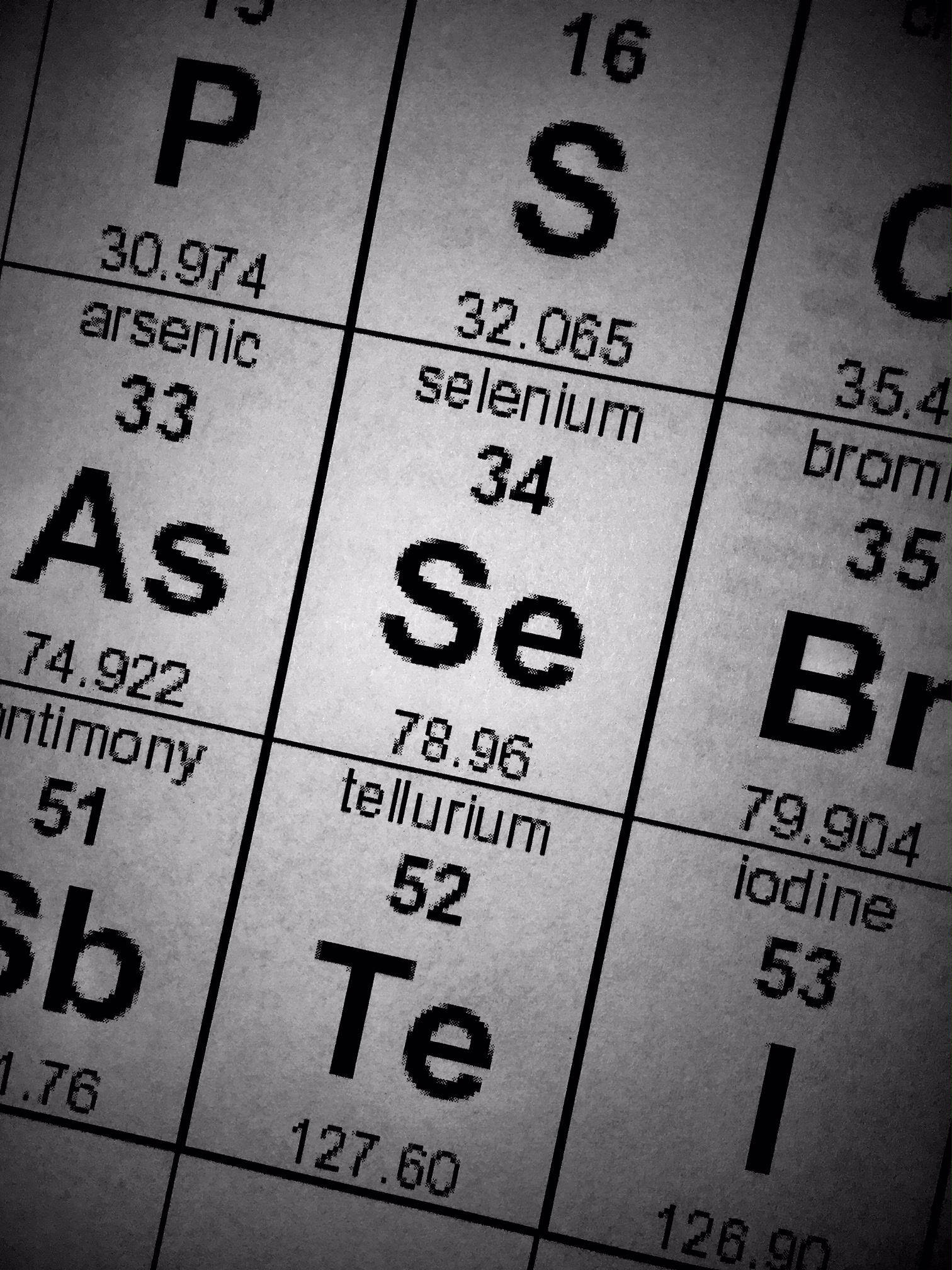Complementary medicine
2. Dietary supplements
In the UK, dietary supplements are defined as ‘foods’ in unit dosage form (e.g. tablets, capsules, elixirs) taken to supplement the diet. Most are products containing nutrients normally present in foods. They are used by the body to develop cells, bone, muscle etc., to replace co-enzymes depleted by infection and illness, and to generally maintain good health. In addition to vitamins and minerals, this definition also includes supplements such as garlic and evening primrose oil. Other dietary supplements include: glucosamine which is taken for joint pain, creatine which bodybuilders take in the belief that it builds muscle, and coenzyme Q10 (ubiquinone) which some people claim treats heart disease and male infertility amongst many other conditions.
Dietary supplements also have the potential to cause adverse effects and to interact with conventional and alternative medicines. Some products contain levels of vitamins or minerals in excess of those in prescription-only medicines and high doses can cause toxicity. Patients taking chronic high doses of selenium, for example, can develop selenosis – a condition which has symptoms such as fatigue, skin/hair/nail changes, peripheral nerve damage, gastrointestinal upset, and can be fatal. The
Food Standards Agency has set safe levels of intake for vitamins and minerals.



